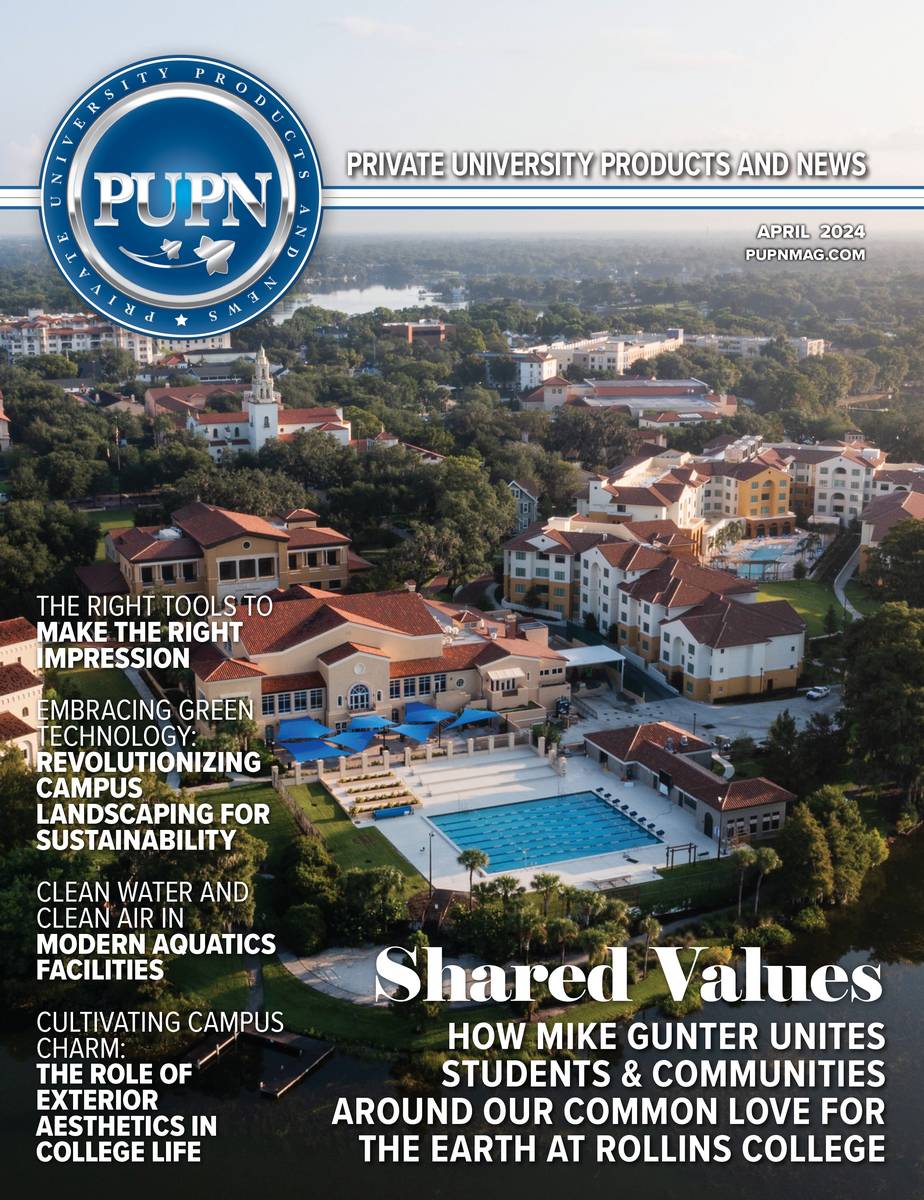Harper was planning out programs in her role as director of BSC’s Bunting Center for Engaged Study and Community Action- programs designed to draw students into meaningful service as part of their academic experience at BSC.
“There is an urgent need for thoughtful, engaged citizens in our country. Those who succeed in addressing some of society’s biggest challenges will be those who can communicate effectively, are willing to understand and appreciate multiple perspectives, and are able to solve problems creatively,” Harper said. “We are looking for even more ways to encourage students with a broader perspective and empower them with the skills of engaged learning and dialogue.”
The Strength of the Bunting Center
That’s the strength of the Bunting Center, which was founded a decade ago thanks to generous support from BSC alumni couple Dr. Peter and Derry Bunting. The Buntings decided to build on the groundbreaking work of former Birmingham-Southern College Chaplain Dr. Stewart Jackson, who pioneered service learning in the 1980s. Peter Bunting passed away earlier this year; Derry Bunting serves on the BSC Board of Trustees.
Today, hundreds of BSC students get hands-on experience with dozens of community partners from as close as College Hills and as far away as Africa.
Some experiences are simple-a chance to help build houses with Habitat for Humanity, or tutor local kids, or to learn about civil rights on an overnight trip to Montgomery. But the real goal is to go beyond basic volunteering to build relationships with community members so that students’ world views are expanded and collaborative partnerships emerge to address community challenges together.
To that end, the center has evolved and grown over the years; it is now part of the Krulak Institute for Experiential Learning, Leadership, and Civic Engagement, which provides a “one-stop shop” for students looking to get involved in their community or to travel. Following are some of the exciting programs happening right now.
Poverty Studies
Last year, BSC joined the Shepherd Higher Education Consortium on Poverty, a network of 23 schools committed to integrating the study of poverty with the liberal arts. The membership aligns with BSC’s new Distinction in Poverty Studies, which requires participating students to take an introductory course, complete an internship, take two other relevant courses from across the curriculum and a senior capstone in poverty studies.
The Shepherd Consortium connects BSC students to more than 120 internship-granting organizations addressing poverty around the country. Because of this association, the college was able to expand its Hess Fellows program by adding five poverty internships through the Shepherd Consortium.
This summer, BSC’s first five Hess Poverty interns worked in Charleston, WV; Washington, D.C.; Atlanta; and Baltimore. In addition to the internships, the consortium organizes an annual symposium on poverty and offers staff and faculty development.
Birmingham-Southern’s distinction isn’t designed to supplant traditional majors, but rather to enhance students’ understanding of a wide range of disciplines, where their real-world experiences are likely to intersect with poverty-related issues. Harper said at BSC, that’s likely to mean some students participating will already know they want to focus on solving the complex problems of poverty by going into community development, public policy, public health, and more.
But she said it would also help students who plan to be pastors, lawyers, health care practitioners, and more. “Whatever field of study or career path they choose, exposure to the issues of poverty and to people living in poverty informs our students and encourages active citizenship,” she said. “Whether you’re going to be a teacher, a business owner, or a doctor, it’s important that you understand issues of economic disparity.”
Buiga Sunrise School
For the third year in a row, BSC students traveled to Mukono, Uganda, in January to work with the nonprofit school called the Buiga Sunrise School as an Exploration Term experience. The students-a mix of education majors and others-have focused on helping with curriculum development, English teaching, and other services for the local students.
This year, they were accompanied by Maggie Besh ’17, who spent two Exploration terms at the Sunrise School as a student. She’s staying on for a full year to help teach English and writing- and also to deepen the relationship between BSC and its African partner.
“Our dream is that Maggie can help us strengthen our partnership by getting to know community members and help us to prepare to bring other groups of students,” Harper said. In the future, that could lead to teacher exchanges between Buiga and Bush Hills Academy, the neighborhood school with which BSC has had a partnership for more than 20 years.
Bonner Leaders
The Bonner Leader Program, which was developed by the nationally-known Corella & Bertram F. Bonner Foundation, is a four-year scholarship program designed to provide college access to low-income students who have a passion for community engagement. BSC-the only Bonner campus in Alabama-recruited its first class through the Bunting Center in 2015, with plans to add at least five new students a year. Participants receive a $2,500 scholarship and a community-based federal work-study position; they commit to being engaged in the community 8-10 hours a week throughout their four years at Birmingham-Southern.
“This program enables us to reach out to high school students who are committed to community engagement and attract them to BSC,” Harper said. “The idea is that they try out lots of community partners their first year and then choose one or two to get involved on a deeper level.”
Current students have taken on coaching youth teams for Northstar Soccer Ministries, a local program that brings soccer into low-income urban neighborhoods; raising awareness and funds for Red Mountain Park; and working with the Blueprints College Access Program through the anti-poverty group Alabama Possible.
Like the Shepherd Consortium, joining the Bonner community connects BSC to a network of about 70 schools across the country and offers additional resources for faculty, staff, and students.
Service-learning Courses
In addition to specialty programs, Harper says one of the greatest areas of growth has been BSC faculty integrating service learning into their courses or into rise3 experiences for students. Much service learning happens in areas where you’d expect it, like poverty studies, public health, education, and sociology.
But others think outside the box. Medicinal chemistry includes a public service project, requiring students to communicate with the public on a chemistry-related topic; last year’s focused on the proper dosing and disposal of medication. A course called “Theatre’s Call to Action” sent students to Bush Hills Academy to interview teachers and create a drama about their professional lives, which they then performed at the school. And a project in history captured the stories of those who lived through the civil rights-era bombings in the nearby Smithfield neighborhood, then dubbed “Dynamite Hill.”
“We’ve made a real effort to work with faculty to adopt criteria for service-learning designated courses, which are now identified in the college’s catalog,” Harper said. “We have always had a handful of service-learning courses. With the development of the rise3 program, we are able to increase not only the quantity of service-learning courses, but also the quality.”










